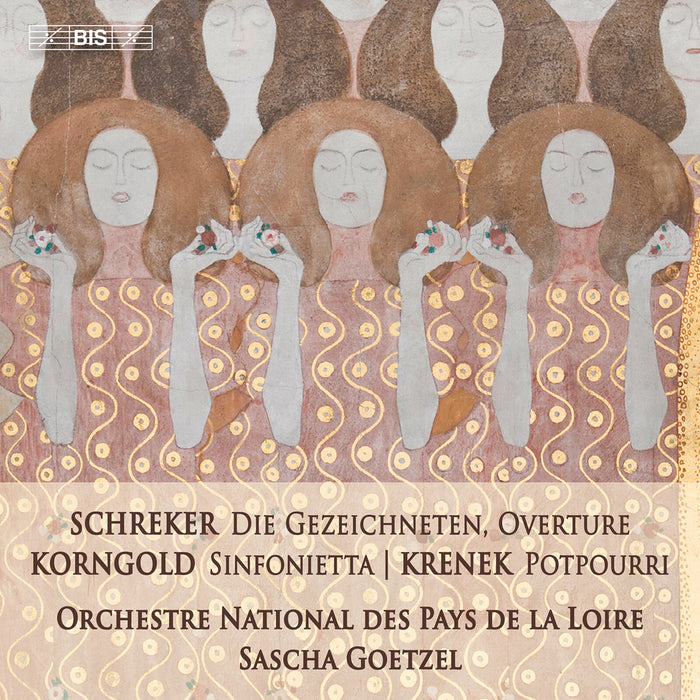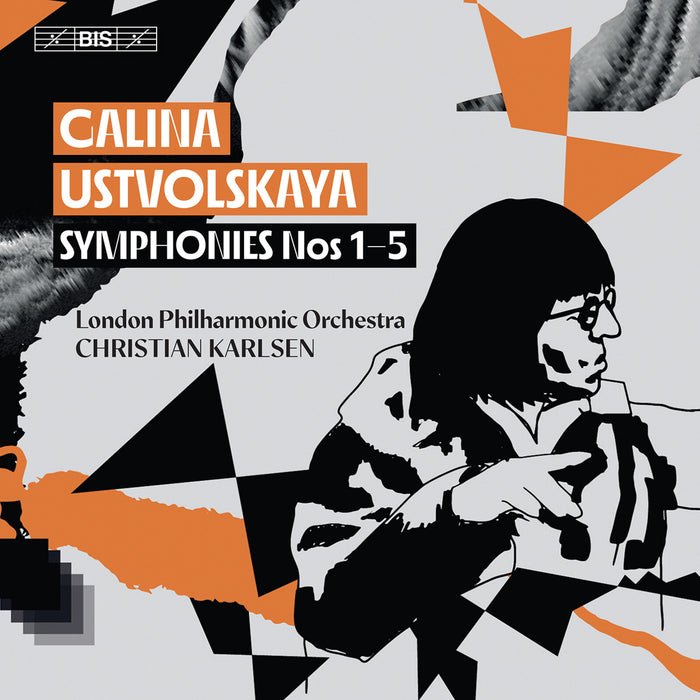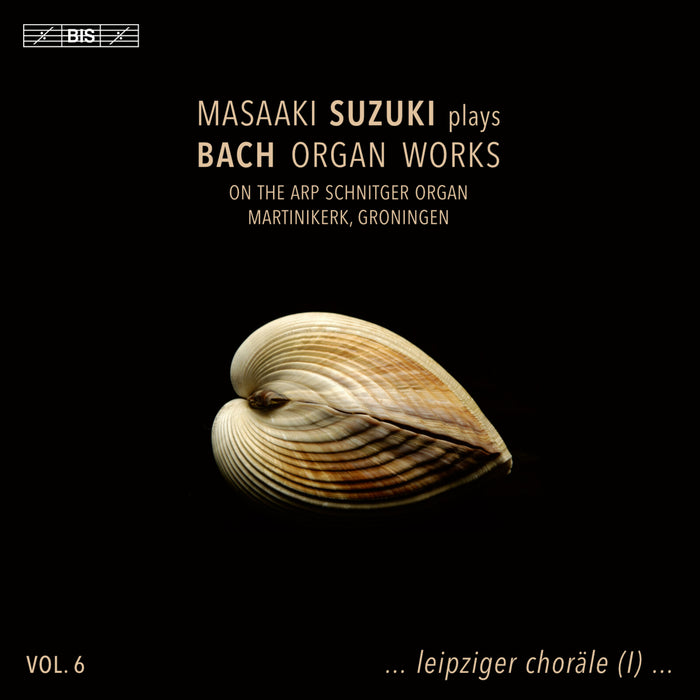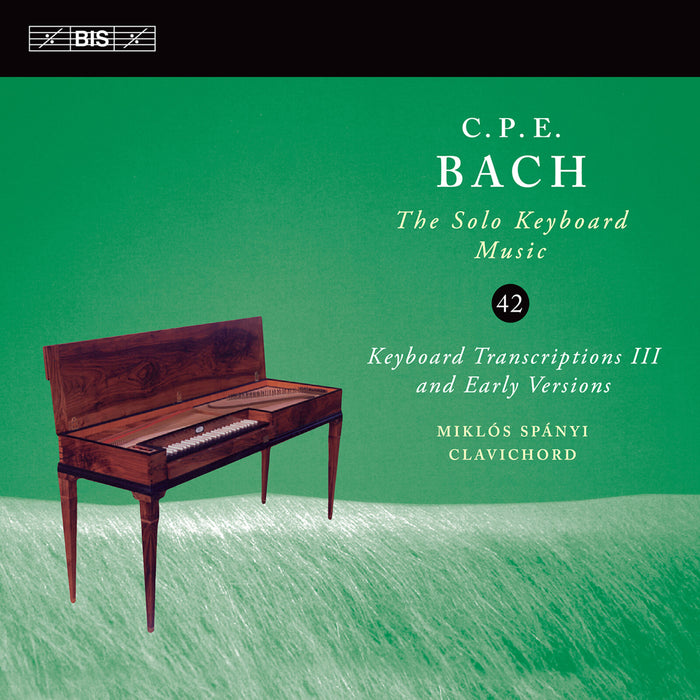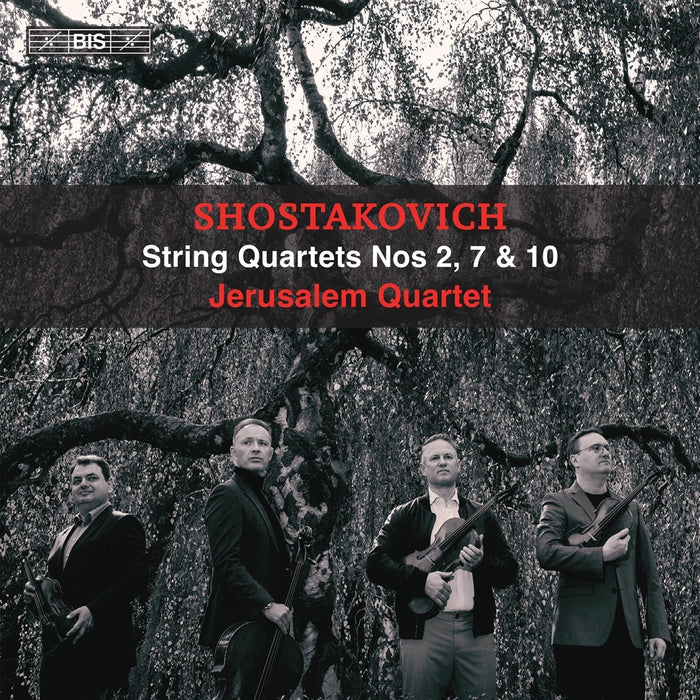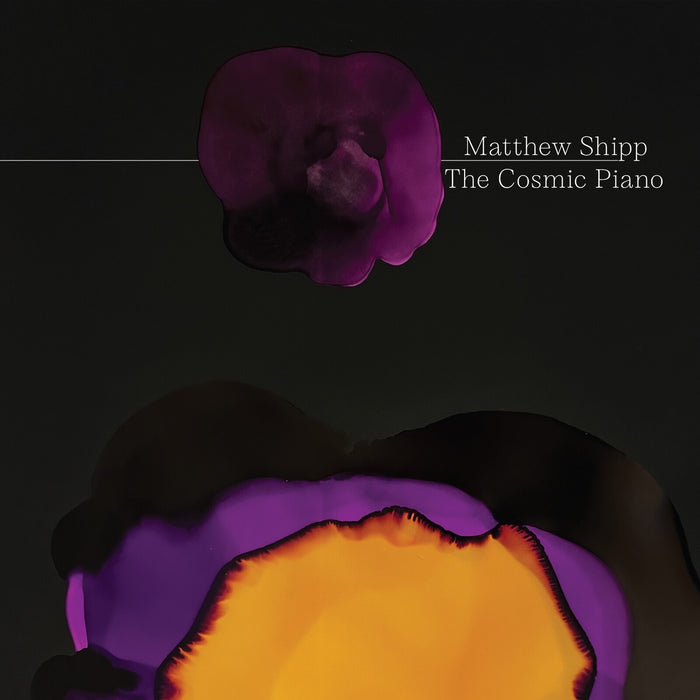Description
Three major works for piano and orchestra by English composers, all eschewing the traditional nineteenth-century model of a bravura virtuoso soloist pitted against an orchestra, in distinctive ways. Together with the BBC Symphony Orchestra under George Vass, Clare Hammond presents an original programme that provides a unique perspective on how the piano concerto reflected musical currents in mid-twentieth-century Britain. William Walton's Sinfonia Concertante for Orchestra with Piano Obbligato began as a ballet score. After it was rejected by Sergei Diaghilev, Walton arranged his score into a leaner, more direct and more effective work that reveals the influences of Stravinsky, Poulenc, Rimsky-Korsakov, Borodin and, at times, Elgar. Benjamin Britten's Diversions was commissioned by the left-hand pianist Paul Wittgenstein. Enthusiastic about the challenge of writing for the left hand, Britten devised a work in variation form; he did not seek to conceal the soloist's one-handedness but revelled in it while still retaining emotion and grandeur. Michael Tippett's Piano Concerto completes the programme. Inspired by a performance of Beethoven's Fourth Concerto, Tippett was convinced that a contemporary concerto could be written, 'in which the piano is used once again for its poetic capabilities'. In his work, the orchestra does not merely accompany; the principal players shine when they get their opportunity for solos or close dialogue with the soloist.




